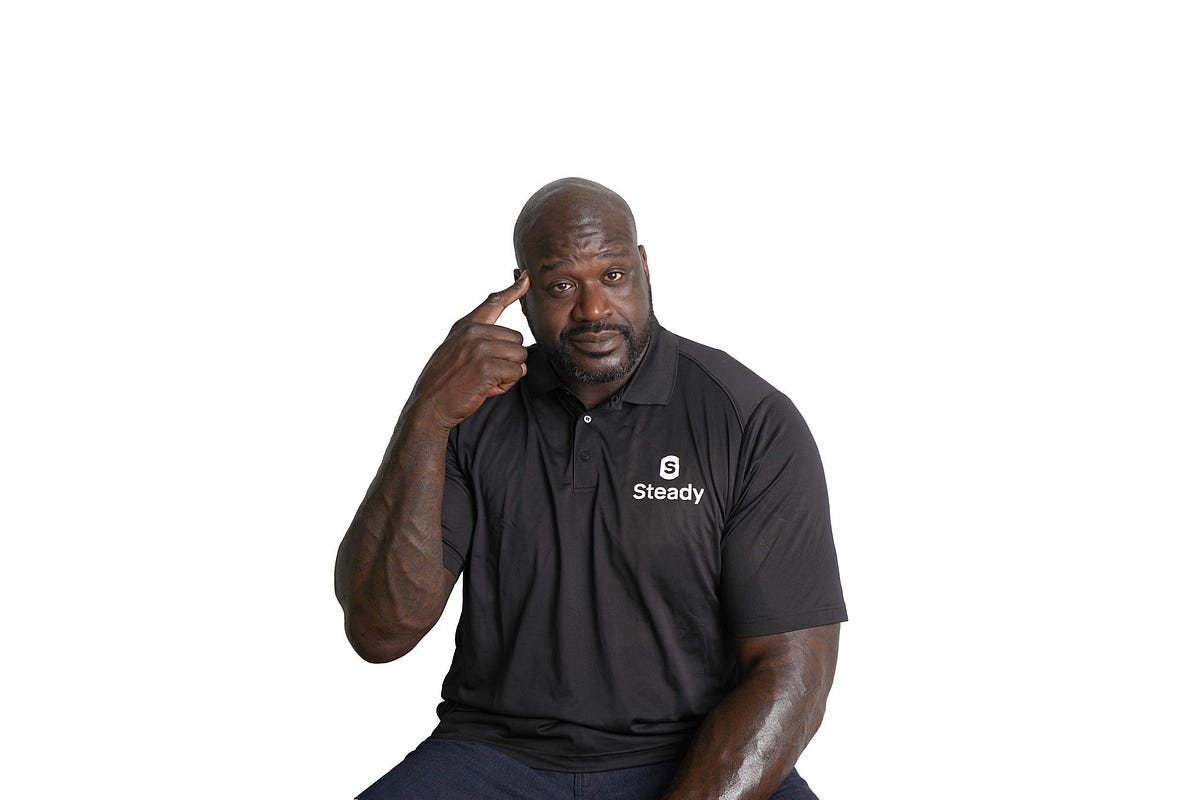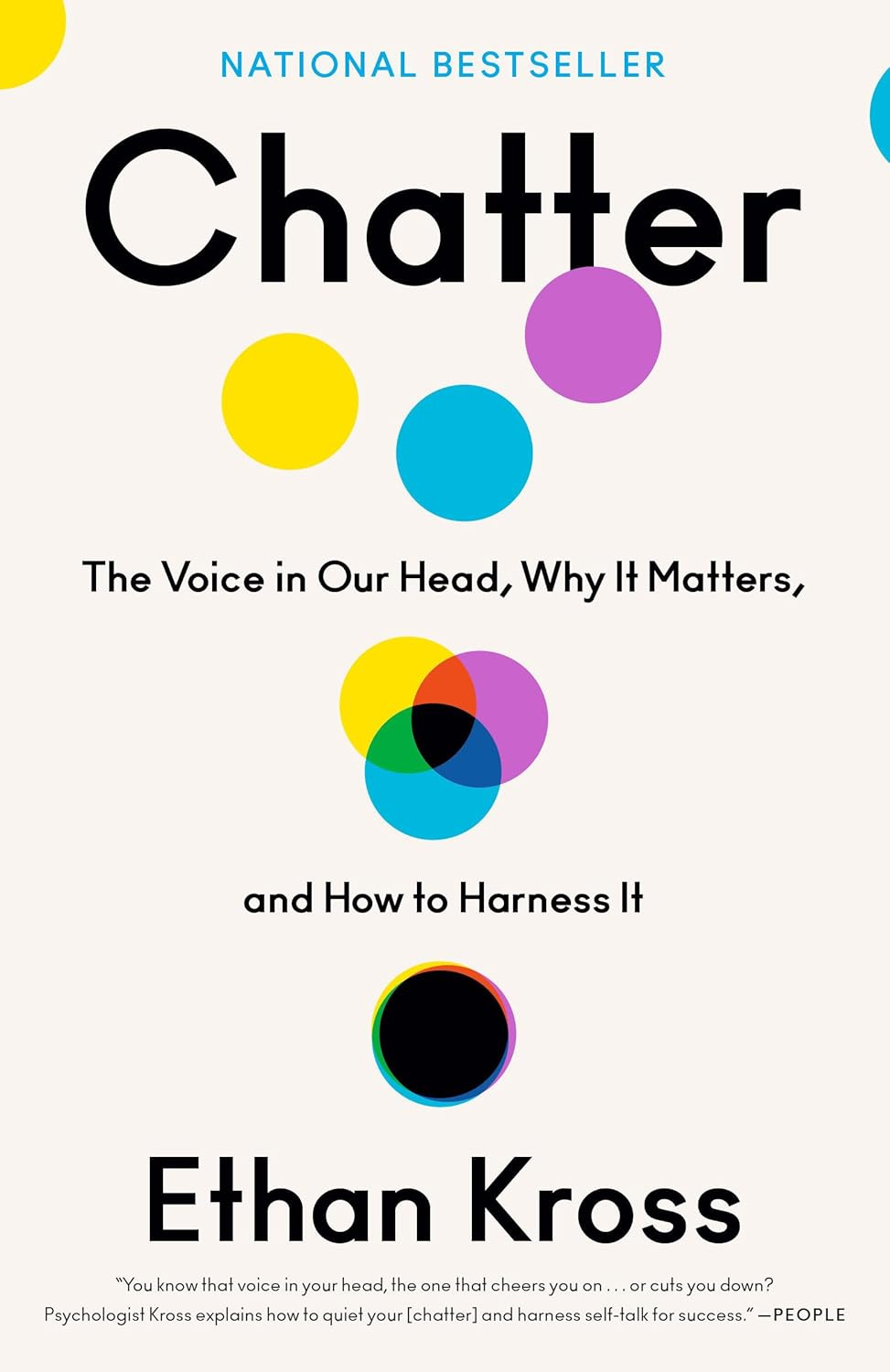Your brain is thinking right now at a staggering 4,000 words per minute — that’s the equivalent of cramming the entire State of the Union address into just 60 seconds of internal dialogue. Everyone has this constant internal chatter, but elite athletes have learned to master it.
What’s fascinating isn’t how much we all talk to ourselves — it’s how champions have learned to do it differently. And science is finally revealing why something as simple as saying your own name could be the key to unlocking peak performance.

While most of us get trapped in negative thought spirals during pressure moments, the greatest athletes have learned to harness their internal dialogue. When Tiger Woods talks to himself on the golf course, he often says “Tiger” instead of “I.” When LeBron James discusses his performances, he frequently refers to himself in the third person. This isn’t ego — it’s strategy.
Research from “Chatter” by Ethan Cross reveals why: using your own name while talking to yourself creates emotional distance. In one study, participants who used their names to reflect on stressful situations displayed better cardiovascular responses and performed better than those who used “I.”
The Science of Self-Talk
The difference between saying “I can do this” and “Ken can do this” might seem trivial, but the impact is profound. When we use “I,” we often get trapped in our emotions. When we use our name, we create distance — like a coach talking to a player. This simple shift helps us:
View pressure situations as challenges rather than threats
Access strategic thinking rather than emotional reactions
Maintain perspective when stakes are high
This isn’t just psychological — it’s physiological. When people use distant self-talk, their blood vessels actually relax, allowing better blood flow throughout the body. When they stay in first-person, their vessels constrict — the classic threat response.
The Elite Athlete’s Toolkit
Champions don’t just rely on name-based self-talk. They’ve developed several strategies to master their internal dialogue and emotional state:
Time Travel — Tiger Woods would often mentally transport himself to past successful moments, like when he shot 59 at Isleworth, to recapture positive feelings during tournaments.
Creating Order — Rafael Nadal’s famous water bottle ritual isn’t superstition — it’s a way of creating external order to match the internal order he seeks. “It’s a way of placing myself in a match,” he explains.
The Universal “You” — Listen carefully to post-game interviews. Athletes often say things like “when you’re in that situation, you have to stay focused” instead of “I had to stay focused.” This subtle shift helps normalize challenging experiences.
The Bottom Line
Everyone has an internal dialogue running constantly. The difference between good and great often comes down to how you use it. The voice in your head is the most constant coach you’ll ever have. The question isn’t whether you’re talking to yourself — it’s whether you’re doing it in a way that helps or hurts your performance.
Next time you’re facing a pressure situation, try using your name instead of “I.” As the research shows, this small change in language could make the difference between thriving under pressure and buckling under it.
After all, if it works for Tiger, LeBron, and science — maybe it can work for you too.
Book Recommendation
Chatter: The Voice in Our Head, Why It Matters, and How to Harness It — https://amzn.to/4gkx9AP
If it isn’t obvious, this newsletter episode is heavily influenced by this book. I really enjoyed it and I recommend giving it a read. In Chatter, acclaimed psychologist Ethan Kross explores the silent conversations we have with ourselves. Interweaving groundbreaking behavioral and brain research from his own lab with real-world case studies — from a pitcher who forgets how to pitch, to a Harvard undergrad negotiating her double life as a spy — Kross explains how these conversations shape our lives, work, and relationships. He warns that giving in to negative and disorienting self-talk — what he calls “chatter” — can tank our health, sink our moods, strain our social connections, and cause us to fold under pressure.

If you got this far, you may enjoy my full podcast on the topic of chatter. I use more real world examples from the athletes I’ve profiled. Check it out here:
You can also keep up to date with us on our website, instagram, twitter, and linkedin!
If you really REALLY love our stuff, you’re welcome to support us on patreon. There is some additional behind the scenes content there that will make it worth it!
